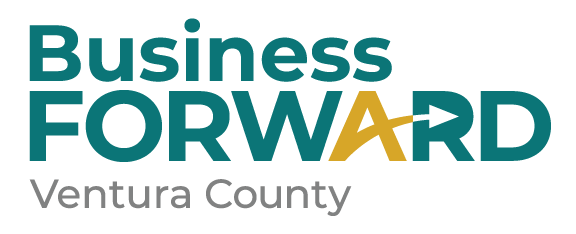
Tax and Insurance Requirements for Freelancers and the Self-Employed
The terms freelancer and self-employed don’t necessarily mean the same thing, although they’re commonly used interchangeably. They also share important implications, such as neither of them makes you an employee. Keep reading for further clarification.
The Differences Between Freelance and Self-Employed
Whether you’re a freelancer or self-employed, you will enjoy more flexibility over your work schedule. You can choose what to focus on and when to work. However, there are subtle differences between the two terms.
To most people, freelancing isn’t the same thing as “being your own boss.” In freelancing, you are hired to still be working for someone—your clients. The people you work for will be giving you instructions.
However, self-employment is usually associated with owning your own business and selling a product or service. Self-employed people can have employees, whether on a part-time, full-time, or freelance basis. Generally, you don’t receive instructions from your clients when you’re self-employed.
How to Handle Taxes as a Freelancer or Self-Employed Individual
Legally and from a tax perspective, there’s no difference between freelancing and self-employment. Both types of employment have to meet their respective tax obligations. Freelancers and sole proprietorships don’t have to separately register their business or services for tax purposes, although doing that has several benefits. When you register your small company with the IRA, you can legally separate it from your personal finances and liabilities.
How to Pay Taxes as Freelancer or Self-Employed Person
It’s a good idea to engage a tax advisor or accountant for help with tax preparation as you learn to navigate the process. As an individual business owner, you can use IRS form 1040-ES to estimate your taxes for any fiscal year.
Once you register your business, there are multiple federal, state, and local taxes you may be required to pay each year. Do these include:
● Income tax
● Self-employment tax
● Employment taxes for businesses with employees
You may consult your tax advisor about any tax deductions for which you are eligible. Legally deducting such expenses can lower your tax burden and increase your profits. Possible deductions include:
● Office expenses, like rent and supplies
● Business travel
● Marketing and advertising
● Health insurance premiums
● Professional development programs
Why Freelancers and Self-Employed Persons Need Insurance
Whether you’re a freelancer or self-employed, you should consider getting proper business insurance policies that will protect you from financial loss if you are sued for injuries or damages. Also, some companies may require you to have a certificate of insurance before they can accept your contract bid.
Important insurance coverages for freelancers and self-employed individuals include:
●General liability insurance– covers accidental damage to a client’s property caused by you or your employee. It also covers defense fees, medical costs, and other liabilities associated with injuries that occur on your premises.
●Commercial property insurance– covers your business properties and assets against loss or damage from events such as fire, theft, storm, etc.
●Workers’ compensation insurance– is necessary for business owners with a certain number of employees. It covers illnesses and injuries that your employees may sustain at work.
●Commercial auto insurance– is necessary for companies that utilize personal or company vehicles for business operations.
●Professional liability– protects any type of business, including freelancers. It covers claims of errors and negligence.
Instead of buying these policies separately, you can save costs by bundling them in a Business Owner’s Policy (BOP), which includes commercial general liability and property coverages. Then, you can purchase appropriate riders to customize your business insurance as needed.
How Business Forward Ventura County Can Help
At Business Forward Ventura County, we help small businesses, including freelancers and independent contractors, develop effective business success strategies. Contact us today for comprehensive resources and professional guidance!
What can we help you find?
More News from Business Forward
eNews Signup
Stay up to date on new developments, business opportunities and resources.
